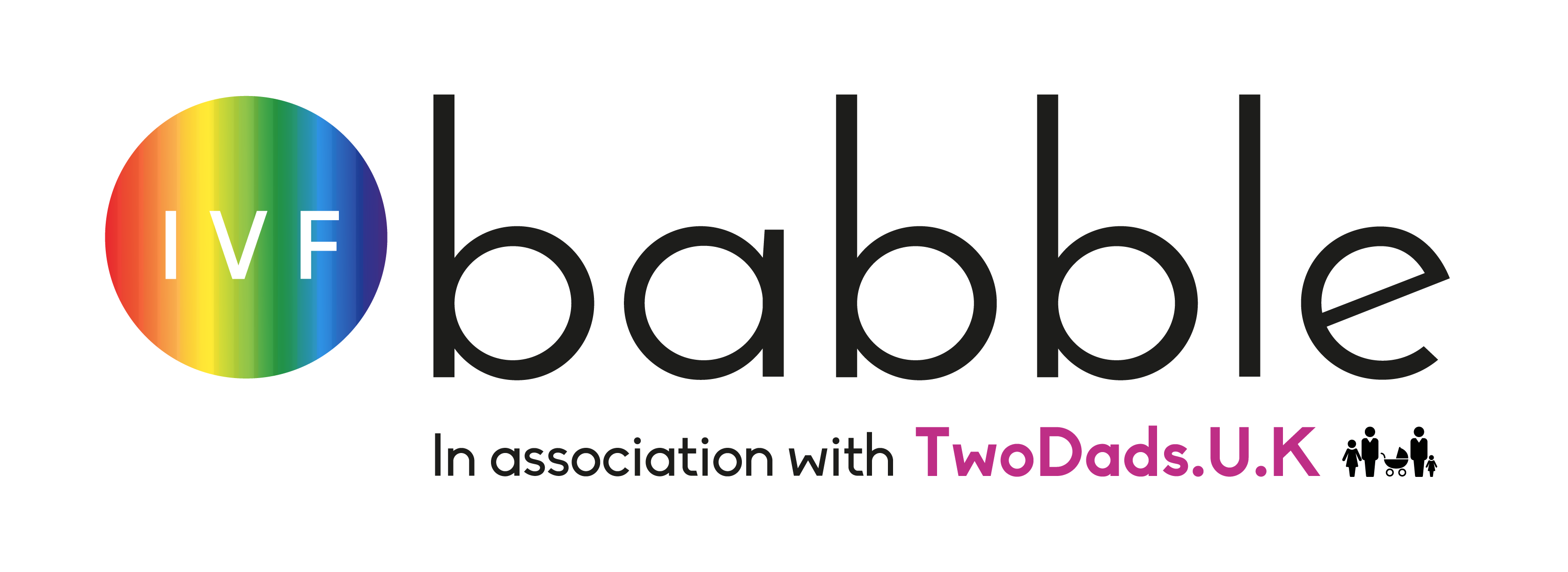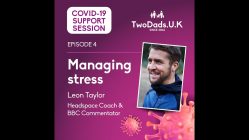One of the things I always wished I’d done prior to starting my fertility treatment, was to ask questions
I went in totally blind and as a result was dumbstruck when my first round of IUI didn’t work. I had no idea that it could take several rounds of treatment for me to get pregnant. I thought IVF was the answer to everything. I wish I had spoken to other women who had been through treatment, to find out how they had felt, emotionally and physically. I wish I had asked the doctors about my options, about tests available, about the reality of it actually working. I prepped for everything in my life other than the one most important thing..becoming a mother.
My journey is over now, but if I could go back in time, I would have spoken to both a doctor and someone who had been through IVF so that I could get to grips with the journey ahead, like these two brilliant people who really know…Prof. Teksen Çamlıbel, M.D, Obstetrician and Gynaecologist, from IVF Turkey, and Ellie, who has been through 3 rounds of IVF
Ellie, why couldn’t you conceive naturally, and how did you feel when you realised?
Ellie: I was with my partner for 4 years and we didn’t ever use contraception, so you can imagine the panic when I realised that I may never be a mother. I went to my GP and tests showed that I have polycystic ovaries (PCOS) which means I don’t ovulate. Tests also showed that my husbands sperm was, well let’s say ‘very lazy’.
Prof Çamlıbel, what are the common reasons for not being able to conceive naturally?
The most common problem in women is the absence of ovulation. What should happen, is that each month a single egg is produced in the ovaries. Once this egg is ready, it moves into the fallopian tubes – this is where it is fertilised by sperm entering the vagina. For the fortunate ones, this is when a pregnancy develops. The 3-day-old fertilised egg implants within the uterus and develops into an embryo.
When ovulation does not take place, this just doesn’t happen. The good news though, is that women with ovulation problems respond well to fertility treatment.
There are many other reasons why you may not be conceiving naturally, but tests and examinations will help get to the bottom as to why, and a plan of action will be made accordingly going forwards with your treatment.
What are the next steps when you realise that you might need some help to conceive?
Ellie: My doctor referred me to my nearest IVF clinic. I’m very lucky that I actually managed to get my IVF on the NHS. My consultant gave me some medication to induce a period, as I rarely ever got one. Then I had lots of tests so that they could see what was going on with me.
Prof Çamlıbel: After a standard examination, your hormones are tested on the third day of your period. These tests will show the strength of your ovaries and gives us an idea about the time left until menopause. The most important ratios here are FSH (follicle stimulating hormone) and AMH ( anti-mullerian hormone). If your FSH level is higher than 15 mIU/mL, and if your AMH level is lower than 1 ng/ml then the chances of you conceiving naturally are very low, so IVF is your best option going forwards.
Once these initial tests have been completed, then your uterus and fallopian tubes will be x-rayed to ensure that there are no abnormalities that may result in your IVF treatment not working.
What happens next?
Prof Çamlıbel: During your IVF treatment, you will be given medication that stimulates your ovaries, with the aim of producing multiple amounts of eggs, rather than the single egg your body releases each month. When these eggs are ready they are collected while you are under a small dose of anaesthesia. These collected eggs are then mixed with sperm in vitro.
When an egg and a sperm are mixed in the same dish, the sperm is able to find and fertilise the egg more easily. We call this procedure in vitro fertilisation.
In cases where sperm is scarce and there is less chance of fertilising an egg even if it is next to it. It is recommended that sperm is collected and injected into the egg by a doctor assisting the fertilisation. We call this procedure microinjection or ICSI.
In cases where sperm is not present, the doctors try to retrieve sperm through a small incision in the testicles. If it is successful, they can proceed with microinjection. We call this procedure TESE (testicular sperm extraction). When it is performed under a microscope we call it MICROTESE.
Ellie, how did you feel during this process?
I felt quite emotional more than anything. I didn’t really experience any side effects. I was a bit swollen and bloated close to transfer, so I used the hair and trick around the button of my jeans. The injections did start to sting a little near the end, but overall, it wasn’t as bad as I thought it would be.
Prof Çamlıbel, is it possible to test my embryos before they are put back?
A new method we have introduced recently with an aim to increase pregnancies through ivf is preimplantation genetic diagnosis (PGD). With this procedure chromosomes are evaluated before embryos are implanted in to the uterus. Should a problematic gene be detected, it is destroyed. We should note that in ivf and natural pregnancies, 30 to 40 percent of embryos have chromosomal abnormalities. In such cases either pregnancy never fully develops or ends with a miscarriage.
In cases with PGD solid embryos are implanted, so while the risk of miscarriage can be reduced, the chance of pregnancy can be increased. This procedure is as costly as an in vitro fertilisation, however in some cases it is the only chance of pregnancy. PGD can also be applied for some hereditary chromosomal abnormalities (i.e. thalassemia) by implanting embryos free of such abnormalities to make sure that they do not run in the next generation. PGD is a new technology in fertility treatments with a rising popularity.
Do you have any questions that you want to ask before embarking on your journey? Drop us a line at [email protected] and we will get your questions answered.








